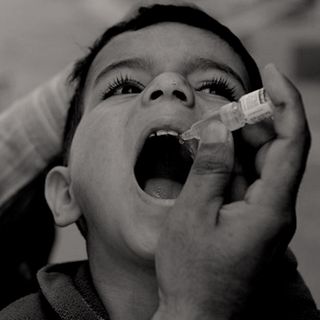Breast cancer awareness advocates and doctors are unequivocal about the importance of catching breast cancer early. When detected early, and treated appropriately, breast cancer actually has one of the highest survival rates of all cancers, at almost 100%. And traditionally, the medical advice around breast cancer early detection has always been that regular mammograms (after age 40), and regular checkups with a doctor (throughout adulthood), need to be accompanied by at-home self breast exams.
But recently, advice has shifted away from self exams. In a large Chinese trial in the late 90’s, researchers found that women who performed regular self breast exams were dying of breast cancer at the same rates as women who didn’t. This highlighted the fact that breast cancer is not always as clear cut as a detectable lump in the breast. Breast cancer is most deadly when it has metasticized, that is, when cancerous cells have traveled to other organs and started proliferating there; metastasis would not be caught by a self-exam. But furthermore, when instructed to conduct self breast exams, many women either forget, or when they do perform exams, they are too concerned with having the right technique and perhaps may be missing warning signs. In fact, the women who have found lumps in their breasts on their own are usually finding them in the course of their normal daily activities.
Rather, doctors now say, women should be aware of what’s “normal” for their breasts, and should be looking for any changes to that norm, particularly these seven changes that are breast cancer “warning signs,” and report them to a doctor:
- A lump, hard knot or thickening inside the breast or underarm area
- Swelling, warmth, redness or darkening of the breast
- Change in the size or shape of the breast
- Dimpling or puckering of the skin
- Itchy, scaly sore or rash on the nipple
- Pulling in of your nipple or other parts of the breast
- Nipple discharge that starts suddenly
- New pain in one spot that does not go away
In India, where breast cancer is still a highly stigmatized disease, where fears about treatment and perception are preventing women from getting treated, it’s particularly important that women take ownership of their breast health. It’s the only way to ensure that preventable fatalities, are, in fact, preventable.
Related:




